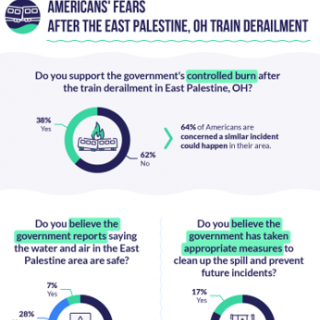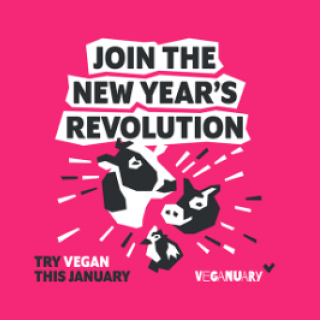Advertisement
Many people erroneously self-identify as being “a vegan” when really, they are eating a plant-based diet, and not living in vegan consciousness on any other level, and sometimes, not even within the diet itself.
Someone who self-identifies as a vegan while eating a plant-based diet, is not embracing the vegan consciousness if they take their family to the zoo, the rodeo, the marine entertainment parks, animal acts or circuses. The same goes for buying animal-based fur, leather, wool, silk, feathered goods, and either breeding or buying companion animals from breeders instead of supporting sanctuaries and rescues.
A plant-based dietdoes not mean 100% plants, unless it specifically says 100% plant-based. It means predominantly plants, still consuming animal products, however, in “moderation” like 3 oz servings 2-3 times a week. Some like to say “like a condiment” which is particularly galling to vegans because these “condiments” were at the ultimate price of the lives of other innocent individuals who wanted to live and did not consent to their lives being taken.
100% plant-based does not always mean that it is vegan. In the case of the Impossible Burger, it could certainly be called 100% plant-based, and not be considered veganbecause Impossible Foods unnecessarily tested heme iron levels on animals (that were then killed), in its development of their burger.
This information is not widely known, yet disqualifies the item for vegans in-the-know because of the fact that it was tested on animals. That said, many things are tested on animals and since the objective of veganism isn’t to be an expert on the tertiary processes of every single human endeavor, it is each individual’s decision to determine their consumption compliance (pragmatism and practicability) based on their knowledge, access and ability.
Many vegans are pragmatic in understanding at this stage (finally just gaining a toe in mainstream momentum) of our cultural evolution. It is often not practical for them to avoid all products that have ever been tested on animals. There are so many chemicals common in construction from glue to paint, to bleach, to fire retardant and all the compounds created to make other infrastructural items and textiles. Of course, pharmaceuticals, vaccines and medical procedures and often cosmetic/body care products have been, and continue to be, redundantly tested on animals.
Let the magnitude of that level of torture sink in, for a moment...just being aware of these realities, let alone the images/videos/personal experience many a vegan animal rights activists have witnessed, creates a chronic emotional pain in all vegans in the trenches of this movement.
Secondary Traumatic Stress Disorder is an occupational hazard to those who are actively investigating and engaging the animal torture and death systems. People who came to veganism as simply a healthier dietary option who have not witnessed and internalized these horrifying experiences in the most massive systems of death globally (60 billion land animals and trillions of aquatic annually) are not necessarily going to have the same reaction to information they are currently so sheltered and disconnected from. When it comes to pragmatism and practicability, each individual has to decide how far they are going to adjust to what is available, affordable and accessible to them and their circumstances.
Veganism is not about becoming an acetic martyr, though many people continue to refine and adjust their levels of what feels right and what they can do to be most consistent to their values and personal integrity. Our goal as vegan advocates and empowerment strategists is the help people make the biggest shift into vegan alternatives as soon as possible.



